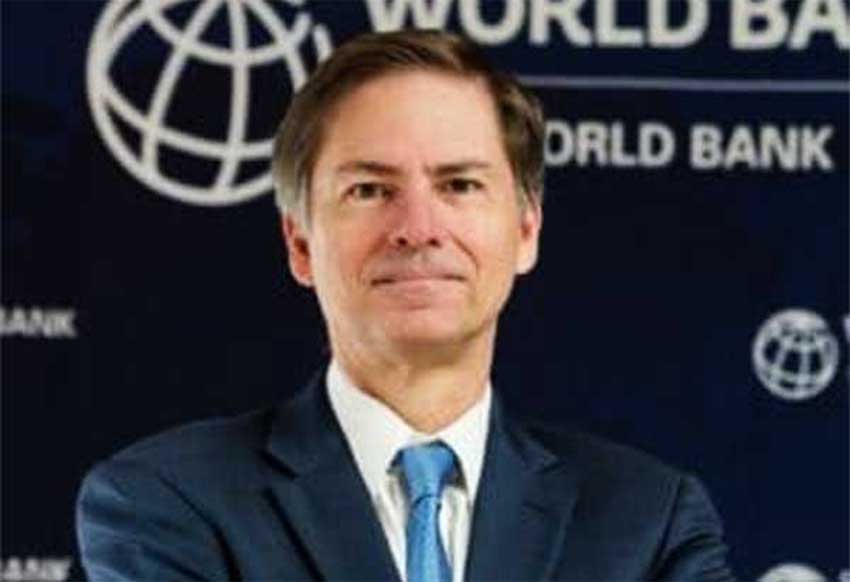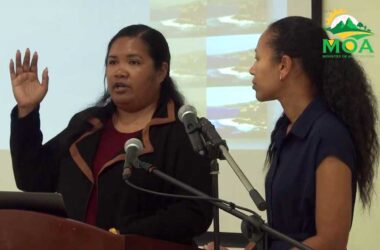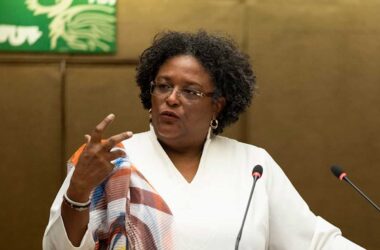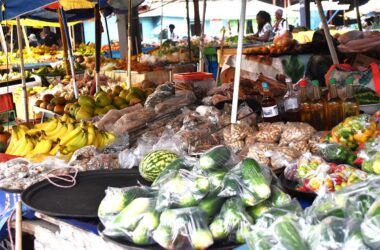The scars from the COVID-19 crisis will take years to fade if countries in Latin America and the Caribbean don’t take immediate steps to boost a lackluster recovery from the pandemic, with poverty now at its highest level in decades, according to a new World Bank report, “Recovering Growth, Rebuilding Dynamic Post-Covid Economies Amid Fiscal Constraints”.
Although regional growth is projected to recover at 6.3 percent in 2021, with vaccination accelerating and COVID-19 deaths falling, for most countries it will fail to completely reverse the 6.7 percent contraction last year. Furthermore, growth forecasts for the next two years sink to below 3 percent, returning to the low growth rates of the 2010s and fuelling fears of another Lost Decade of development.

To generate the kind of growth rates that would move the region forward and lessen social tensions the region needs to urgently implement long delayed but feasible reforms in infrastructure, education, health, energy policy, and innovation, as well as tackle new challenges posed by climate change, according to the report.
“Countries in the region made enormous efforts to help families in the midst of the pandemic. Now, the challenge is to generate a robust recovery which provides job opportunities and heals the wounds of the crisis,” said Carlos Felipe Jaramillo, Vice President for Latin America and the Caribbean at the World Bank.
Nevertheless, a regional recovery faces multiple barriers. Any recurrence of the virus will hit growth, while persistent global inflationary pressures could lead to higher borrowing rates, depressing demand. Meanwhile, high private sector indebtedness may limit its capacity to drive the recovery, while rising public deficits and debt limit potential for future government activity.
“Efforts to mitigate the effects of the crisis triggered hefty spending increases, leading to higher deficits and public debt,” said William Maloney, Chief Economist for Latin America and the Caribbean at the World Bank, explaining that average public debt had risen by 15 points to 75.38 percent of GDP. “Given the imperative to stimulate more dynamic, inclusive and greener growth within this context of scarcer resources, governments will need to rethink how efficiently and how well they spend public resources.”
Through boosting transparency and accountability in the public sector while employing private sector discipline, the report urges the promotion of sustainable and equitable growth in three broad areas:
Rethinking Spending Priorities – By moving to global levels of efficiency and reprioritizing spending, health systems can deliver quick wins that could extend average lifespans by four years. Education can be improved by focusing on hardest hit schools, improving the use of technology, and shifting towards short cycle programs at university level that will better align available skills with industry needs. Research and development spending, at half the level of middle-income countries, can be used more efficiently by ensuring linkages between research centers and the private sector, while greater public transfers and infrastructure investment could help to boost growth and lower inequality. Energy generation and consumption can be made more environmentally and fiscally sustainable by better targeting subsidies to vulnerable populations (40 to 60 percent of electricity subsidies go to the top 20 percent of earners).
More Efficient Spending – Rather than cutting spending, cutting the inefficiencies in procurement civil service, and transfer programs that represent an average loss of 4.4 percent of GDP can free up resources for other goals. In procurement alone, better practices that reduce corruption, reduce inefficiencies and increase the bidding competitiveness are estimated to be able to save up to 22 percent of spending without changing existing procurement laws.
Enhancing revenue streams – There is room for expanding taxes without significantly affecting growth. Areas to explore include expanding property and to a less extent income taxes, raising levies on unhealthy goods and carbon emissions, and improving tax enforcement in a region where average evasion rates for corporate income tax is almost 50 percent.













